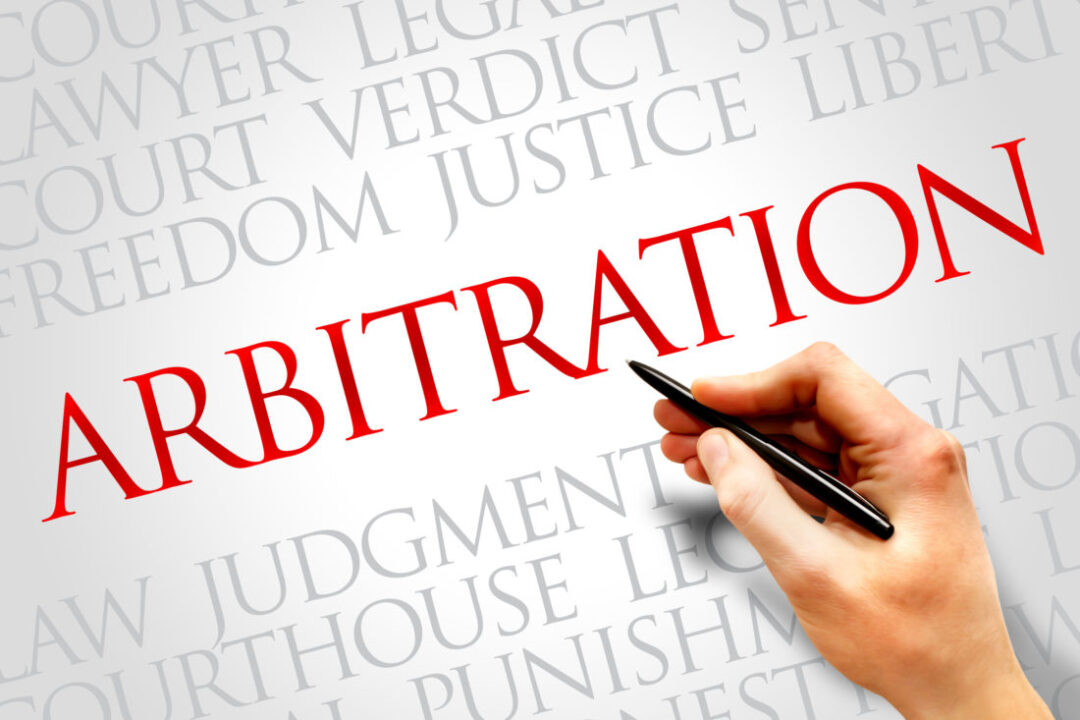
Arbitration
Strategic dispute resolution beyond litigation
Our Arbitration practice combines deep expertise in arbitration procedures with industry-specific knowledge to represent clients in complex domestic and international disputes. We represent corporations, partnerships, government entities, non-profit organizations, and individuals across various industries in arbitration proceedings, offering strategic approaches that emphasize practical solutions, relationship preservation, and cost-effectiveness while maintaining confidentiality.
Our Services
Domestic Arbitration
- Representation in arbitration proceedings under the Arbitration & Conciliation Act, 1996
- Formulation of arbitration strategy and case management
- Drafting statements of claim, defence, and procedural applications
- Representation at evidentiary hearings and oral arguments
- Post-award strategies including enforcement and challenge proceedings
- Handling arbitral applications for interim relief
- Representation in multi-tiered dispute resolution proceedings
- Drafting effective arbitration clauses
- Handling matters involving arbitrability challenges and jurisdiction disputes
- Handling matter arising out of challenge to award u/s. 34
International Arbitration and Cross-Border Disputes
- Representation in cross-border commercial arbitration proceedings
- Handling recognition and enforcement of foreign arbitral awards
- Management of parallel proceedings across multiple jurisdictions
- Representation in disputes involving foreign law and legal systems
- Representation before major arbitration institutions (ICC, LCIA, SIAC, and others)
- Representation in international joint venture and consortium disputes
- Handling disputes involving sovereign immunity and state entities
Related Expertise
Key Professionals

K.P. Sreejith

Aaushi Doshi

Supriya Bhosale

Ashwin R. Anneppanavar

Tannya Baranwal

Asav Rajan Arora

Pranava Charan MG

Rahul Sundaram
Related Insights
View All →
ARBITRAL AWARD IS NULL AND VOID IF PASSED PAST THE PRESCRIBED PERIOD: TELANGANA HC →

ARBITRAL TRIBUNAL CAN NOT ORDER INTERIM DEPOSIT OF DISPUTED AMOUNT, WHERE THE LIABILITY IS IN DISPUTE: Supreme Court →
